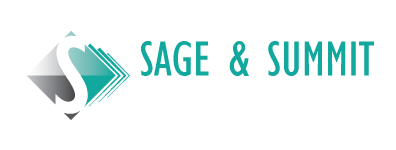What’s a good way to help your team members start off the New Year on a positive note? How about giving some positive feedback, and maybe making feedback a regular occurrence rather than something provided only at formal reviews.
Regular feedback may seem like an obvious communication pattern for the workplace, but the fact is that 37% of managers avoid giving positive feedback – even more than the 21% that avoid giving negative feedback (Forbes). This is significant when, according to Gallup, 84% of employees who received meaningful feedback in the past week were considered actively engaged versus 22% of those who did not receive feedback (Gallup). A separate poll showed that only 21% of U.S. employees strongly agreed they received meaningful feedback in the past week (Gallup2).
Positive feedback is generally considered more effective than negative feedback. In essence, highlighting what a person should continue doing to be successful has a more positive impact on performance than highlighting what they need to stop doing. A poll cited by Forbes showed that positive feedback was the only requirement for employees to consider the feedback as helpful; delivery of negative feedback was not considered helpful.
However, not all positive feedback is created equally. Superficial comments or platitudes don’t really deliver a positive message, but rather show a lack of understanding or caring. The feedback needs to be genuine and based on real understanding. The rule is, make feedback timely and specific both to the event and the person since people like to receive feedback differently (e.g. publicly, privately, written, verbal).
Feedback, like a financial statement, is a look back at what has happened. Looking back can be helpful, but transitioning to the future can be even more beneficial. If feedback leads to or is a basis for a coaching conversation that is future focused there could be immediate new benefits gained. For example, asking an employee how they can apply what they learned from the great research work they did last week to the new product project they are working on now, could quickly leverage a past success into a future one.
A culture that normalizes feedback into regular conversations opens the door to more positive and constructive feedback that increases engagement and leverages employees’ strengths into future successes.

